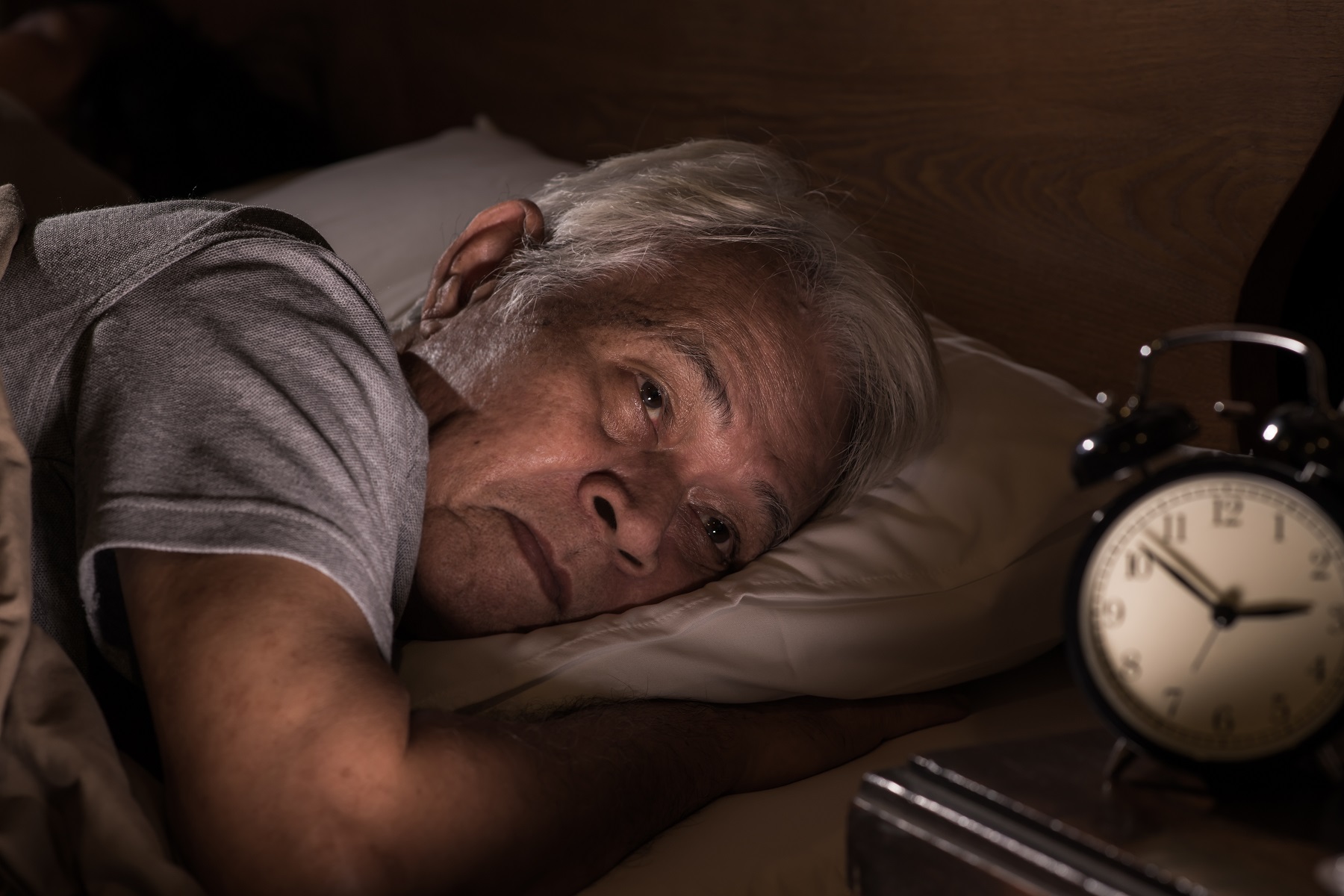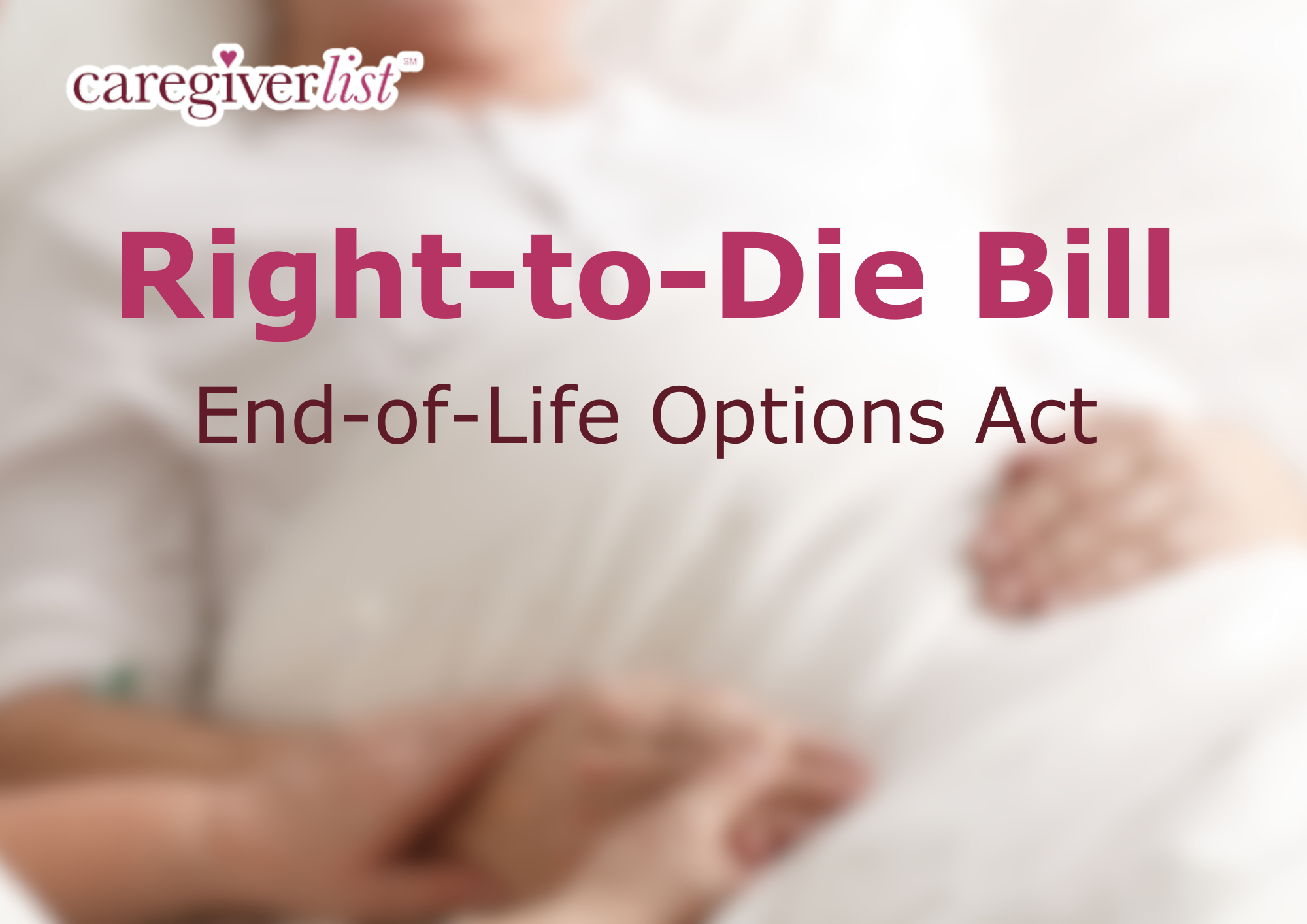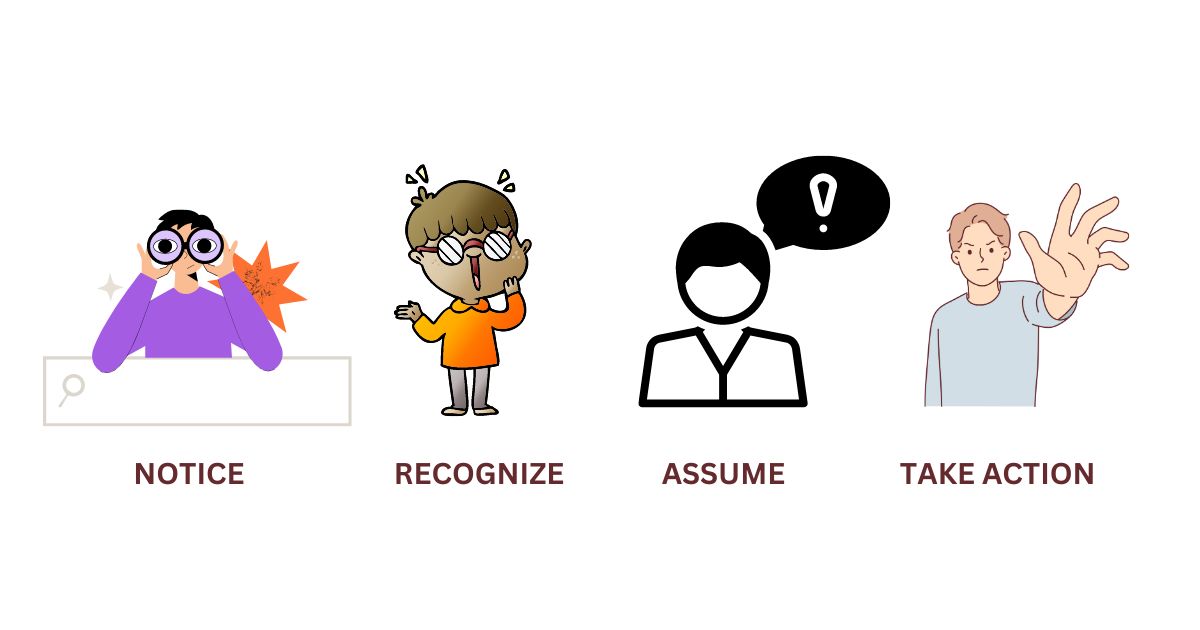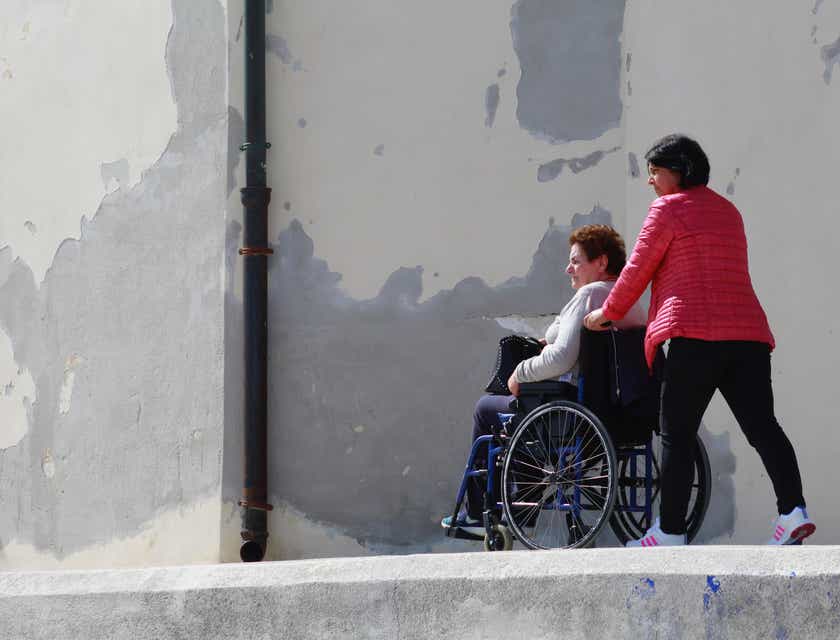Physical, mental, and social changes that naturally develop with age can make it hard to get the rest you need. Everything from medications to failing eyesight can interfere with your body’s sleep-wake cycle. Despite these challenges, there are many effective ways to improve your sleep quality without adding another medication to your list.
Start with Healthy Sleep Habits
One of the best places to start is your sleep habits. While these habits and behaviors may not fix all of your sleep problems, they give your mind and body ample opportunity for fall and stay asleep.
- Consistent Bed and Wake-Up Time: Your body loves consistency. By going to bed and waking up at the same time every day, you let your body adjust to your preferred schedule. Over time, the body will automatically start releasing sleep hormones at the appropriate time.
- Bedtime Routine: A regular pattern of activities before bed serves an important purpose. One – a familiar routine helps the brain recognize when to release sleep hormones. Two – it’s gives you an opportunity to relieve stress and tension before bed. A routine does not need to be complicated or long but should include activities that leave you feeling calm and relaxed.
- Avoid Screens Before Bed: Televisions and other electronic devices can give off a bright blue light that suppresses sleep hormones. Try shutting them off two to three hours before bed to keep your body on schedule.
If after working on your sleep habits you find you’re still struggling, you might need to consult a physician to look for an underlying sleep disorder. Sometimes better sleep comes through something as simple as an anti-snoring device, mouthguard, or therapeutic pillow.
When You Need More Than Healthy Habits
While many people will notice an improvement in their sleep when they use good sleep habits, others may find they need more of an intervention. A few to consider:
- Mindfulness Meditation: Meditation acts as a stress management tool. Many older adults experience stress due to the loss of a loved one, changes in living situation, or financial concerns. To get the rest you need, you have to be able to put stress aside for a time, and that’s where mindfulness meditation comes in. This type of meditation focuses on the present while allowing thoughts of the past and future to pass through without lingering. Over time, this “present” focus changes the structure of the brain by strengthening the connection between the emotional center of the brain and the logic/reasoning center. The overall effect is less stress and, oftentimes, better sleep.
- Bright Light Therapy: Natural light helps set and trigger the sleep-wake cycle. As eyes age, less light becomes available to stimulate the brain, and the sleep cycle may become irregular. Light therapy requires direct daily exposure to light bulbs that simulate natural sunlight. Bright light therapy maximizes light exposure in the morning to help reset the sleep-wake cycle.
- Sleep Restriction: This method uses changes in sleep timing to increase tiredness at night. You would first stay up later than normal, wake up at a regular time, but then stay awake all day, no naps. The next day you follow the same pattern. The theory is that as you get more tired, it gets easier to fall and stay asleep. This method has rules like, if you’re awake, you don’t stay in bed longer than 20 minutes and you don’t get in bed until you’re tired. It’s a process to retrain your body to sleep.
A combination of good sleep habits and interventions based on your unique sleep challenges can help you get the rest you need. With better sleep, you’ll be physically and mentally at your best and ready to live the life you want.







